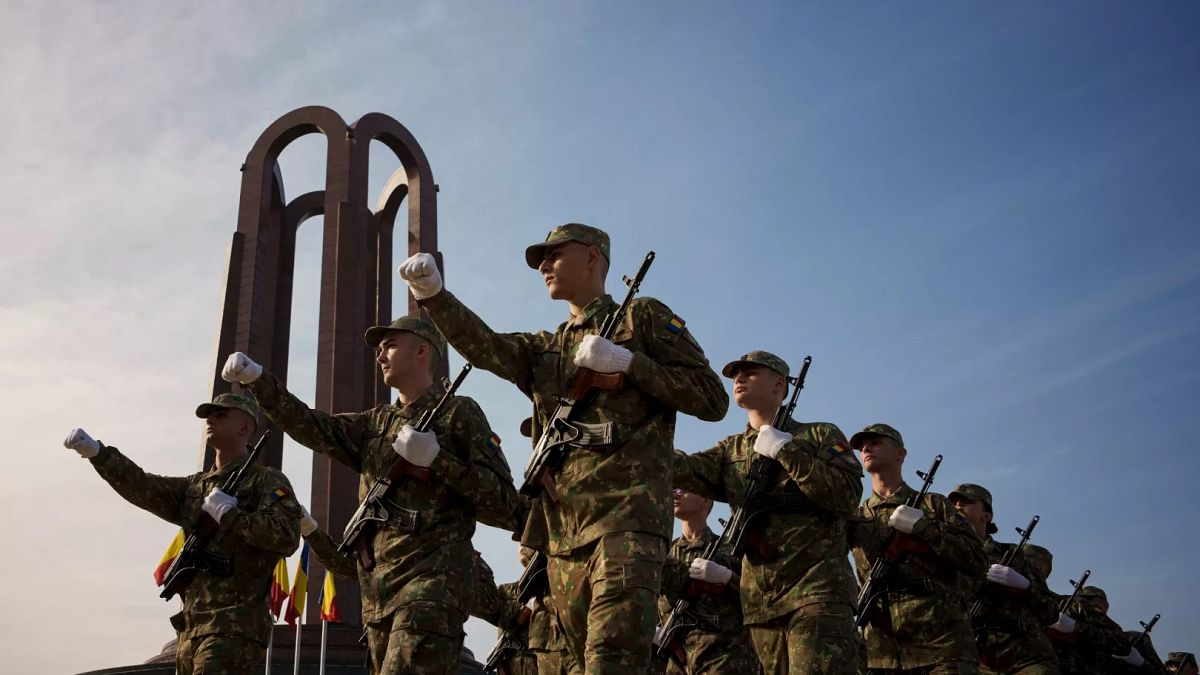

A diverse array of events continues to shape international landscapes, from military training initiatives for youth to diplomatic contemplations surrounding conflict resolutions. The following sections provide a comprehensive overview of the latest developments as the European Union, the Middle East, and the United States navigate their respective challenges and efforts.
In Romania, a new legislative proposal is drawing attention for its potential to both bolster the European Union’s military preparedness and offer valuable opportunities for the youth. Under this proposal, individuals aged 18-35 would undergo a four-month training program, receiving financial incentives and allowances in return. This initiative not only aims to strengthen defense capabilities but also provides young participants with educational advancements and practical skills in a structured, well-compensated setting. As discussions continue in the Romanian parliament, this program stands as a bridge between national security efforts and empowering young citizens.
Meanwhile, migration policy continues to be a focal point for the European Union as Denmark, currently presiding over the EU Council, seeks to forge a consensus on return policies for migrants. This step is crucial as the EU addresses complexities and challenges associated with migration flows. Member states are considering collaborative frameworks that uphold humanitarian standards while effectively managing migration patterns, demonstrating a commitment to balanced and fair approaches in handling one of the region’s pressing concerns.
Turning to the Middle East, the situation in Gaza remains dire as the Agence France-Presse urges Israeli authorities to permit the evacuation of its freelance contributors. Journalists in the region are grappling with severe conditions, facing hunger and a lack of potable water amidst ongoing conflict. This call for evacuation highlights the urgent need for humanitarian interventions, especially as Palestinian journalists navigate restrictive and harsh environments in pursuit of their duties.
In a parallel development, UK Prime Minister Keir Starmer is under mounting pressure from senior cabinet ministers to officially recognize Palestinian statehood. This dialogue reflects broader international concerns over escalating violence and humanitarian crises in Gaza. By potentially taking this diplomatic step, the UK could play a pivotal role in advocating for peaceful resolutions and underscoring the international community’s commitment to addressing long-standing geopolitical tensions.
Across the Atlantic, the unfolding narrative of the Epstein case takes a new turn as US prosecutors seek to engage Ghislaine Maxwell for further discussions. This pursuit underscores the ongoing legal scrutiny aimed at unraveling complex networks and ensuring justice. These developments are part of broader efforts by authorities to delve deeper into investigations, reflect on systemic issues, and uphold judicial accountability.
Despite challenges, hopeful shifts are visible on the global stage. Decisions and initiatives across these regions illustrate a shared commitment to progress and thoughtful governance. By fostering dialogue, collaboration, and engagement, these efforts carry the potential to foster stability and well-being across international communities.
Source: {link}
